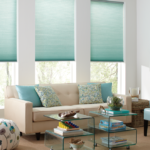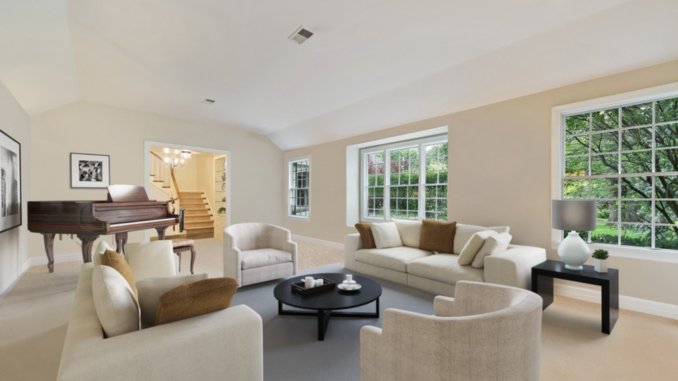
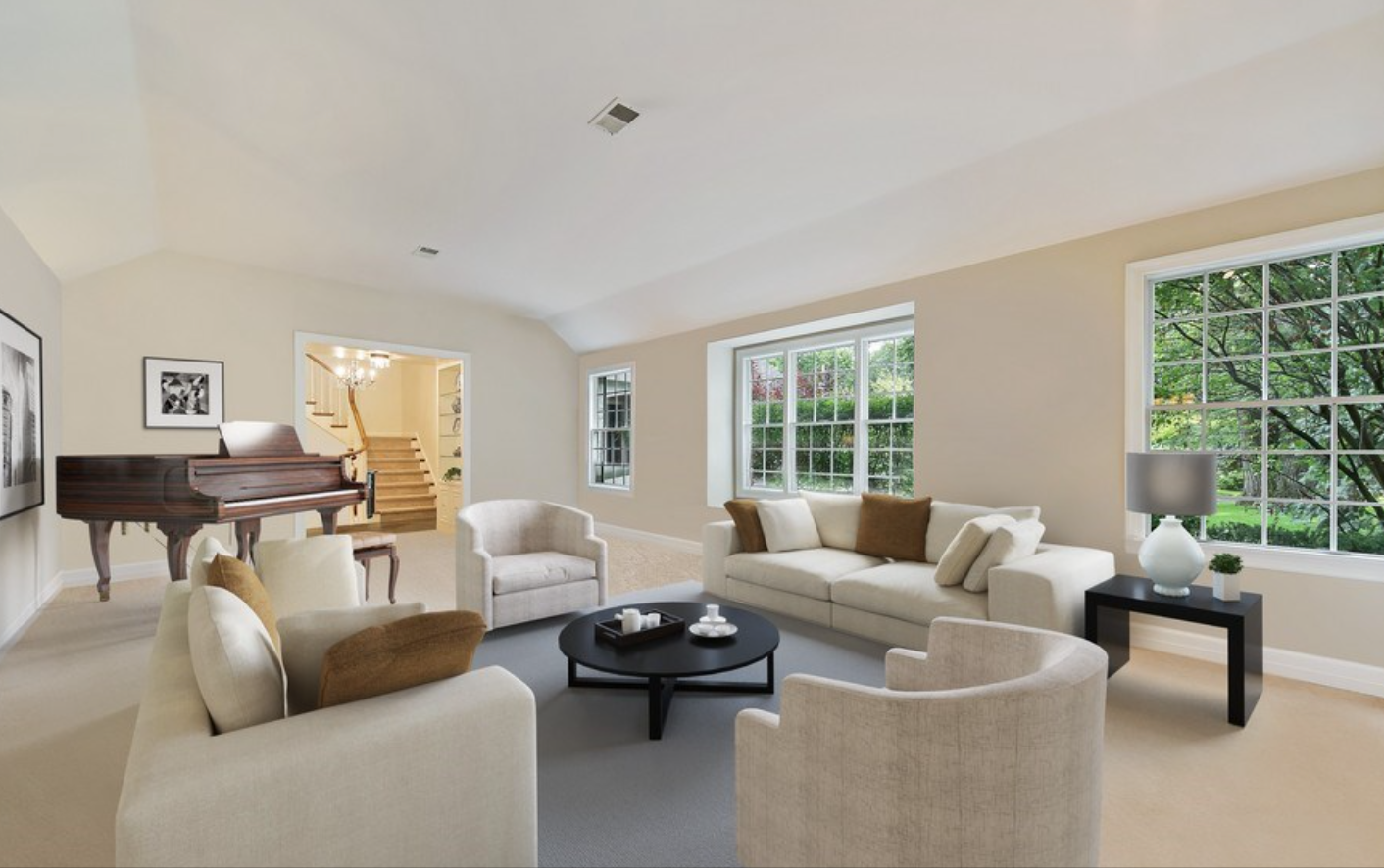
Photo credit: VHT Studios
By Brian Balduf, VHT Studios
Technology and the convenience it offers to buyers and sellers has changed real estate forever. The days of starting a home search inside the office or car of a real estate professional and touring five or six houses are long gone. Now, interested buyers expect to “shop” for their new home whenever they want on whichever device they desire and they often spend hours clicking through listings online before ever scheduling a visit. As a result, savvy real estate professionals are using many new tools to help their listings gain an advantage and sell faster.
One of the hottest tools deployed by real estate professionals is virtual staging, especially when used to market vacant condominium units.
Let’s face it, an empty condo unit, whether it’s a studio or penthouse, can lack the “curb appeal” that motivates buyers to take the time to make a visit. Empty rooms appear as boxy walls of white (or even worse, depending on the previous owners’/tenants’ tastes and color palette).
If many condos are for-sale in the same building, those big boxes with beige carpet and white walls appear disappointingly similar and fail to present their possibilities as a home. Virtual staging can help a vacant condo stand out from the rest and inject a new look into the listing photography, which brings that condo to life.
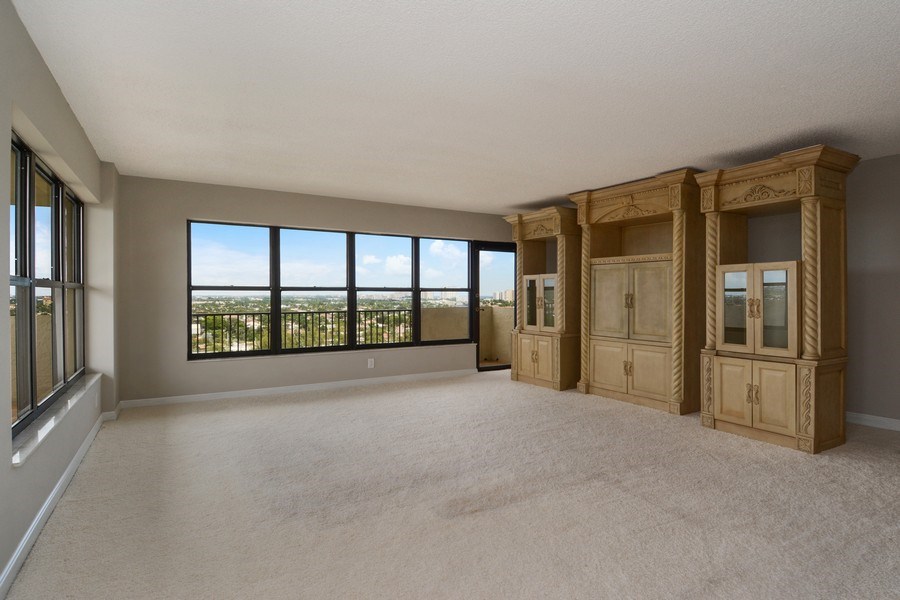
BEFORE
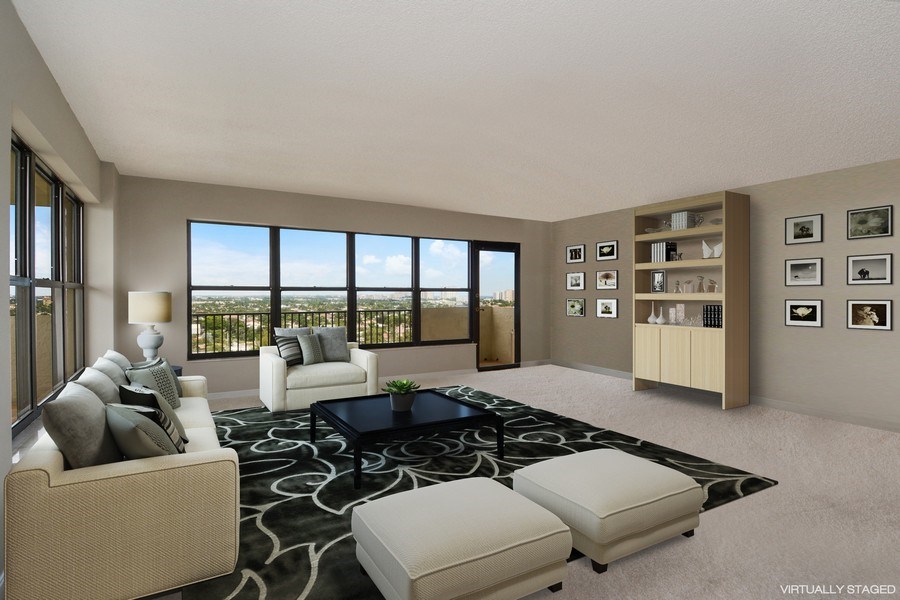
AFTER
Photo credit: VHT Studios (virtually staged)
Not to worry – you don’t have to put on silly helmets or special goggles to do it.
Virtual staging in real estate refers to the virtual photographic tools available to real estate professionals, in partnership with their professional photographer, to showcase a home and its potential. Virtual staging is the most common tool in the virtual real estate drawer and is playing a major role in the marketplace by appealing to prospective buyers or tenants.
Through virtual staging, a professional photographer captures photographs of vacant or lived-in homes and virtually changes a condo’s décor and furniture to make a great first impression to buyers or renters searching for their next home.
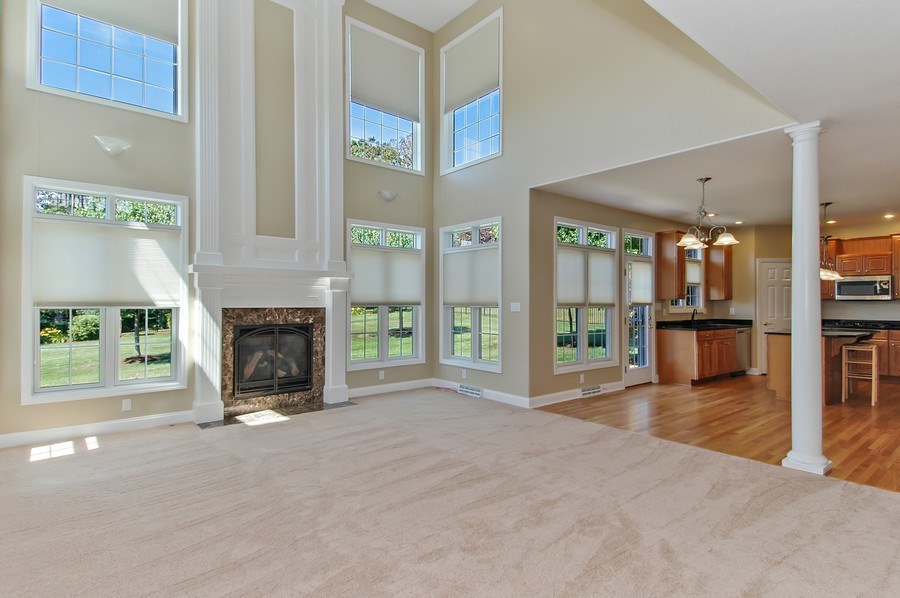
BEFORE
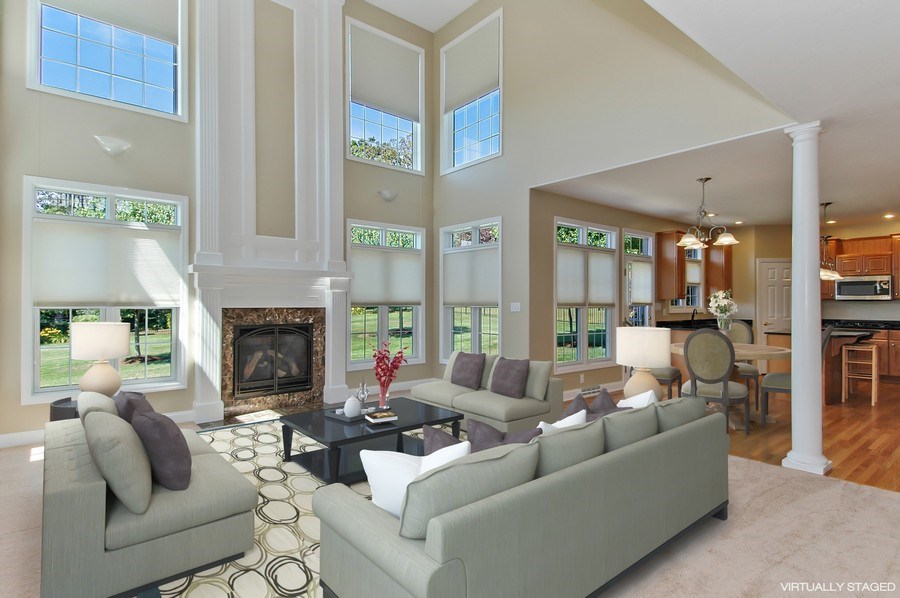
AFTER
Photo credit: VHT Studios (virtually staged)
In many cases, you really don’t want to show a house as it is decorated by the current owner/tenant, since buyers may not be interested in seeing the current owner’s stuff. Sellers should be reminded that their listing needs to help the next homeowner envision their own unique future lifestyle in that condo or apartment.
Take a fresh look at those empty rooms where the next owner will spend most of his/her time. Ask how you can appeal to that future owner/tenant by presenting the different possibilities of styling and furnishing various rooms. Various virtual staging tools such as virtual redecorate, virtual furnish, virtual repaint, and virtual declutter provide endless ways to showcase homes.
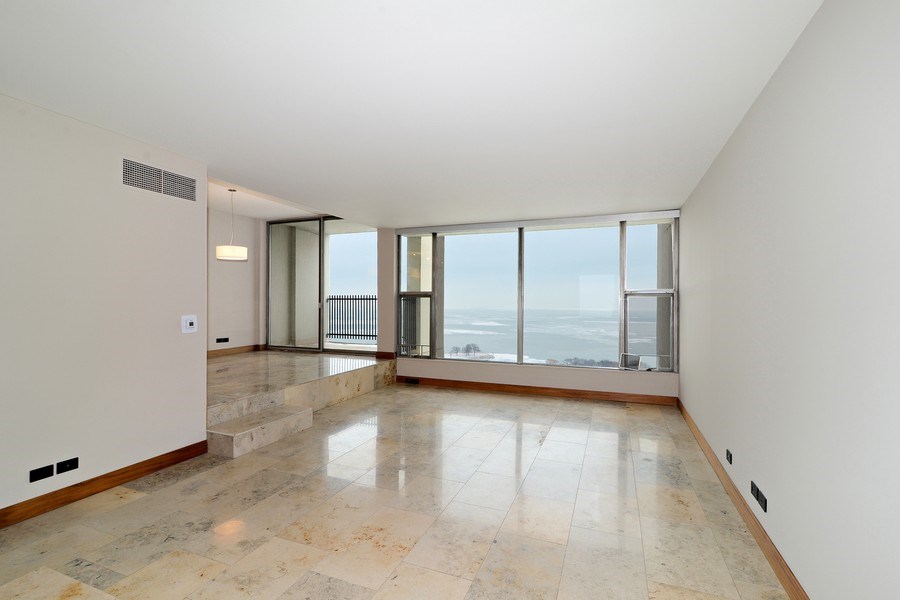
BEFORE
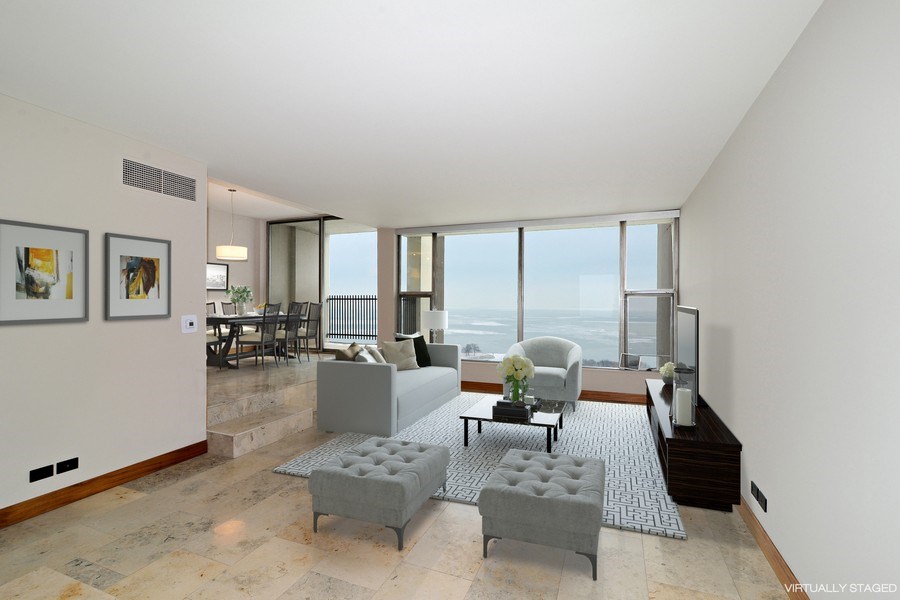
AFTER
Photo credit: VHT Studios (virtually staged)
These virtual tools give owners the chance to showcase the multiple functions of a spare bedroom by using virtual redecorate as an inexpensive virtual makeover to convert it to an office, arts and crafts room or nursery.
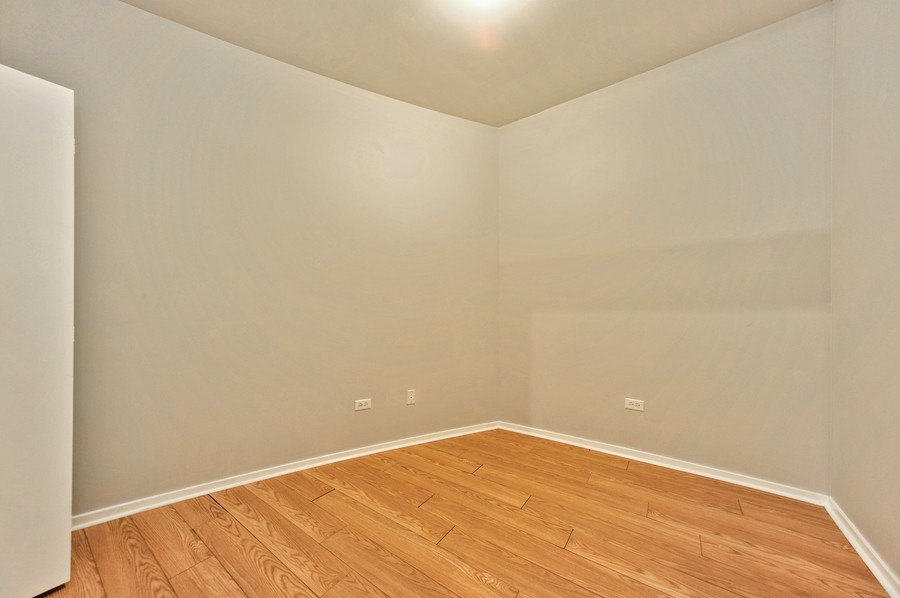
BEFORE
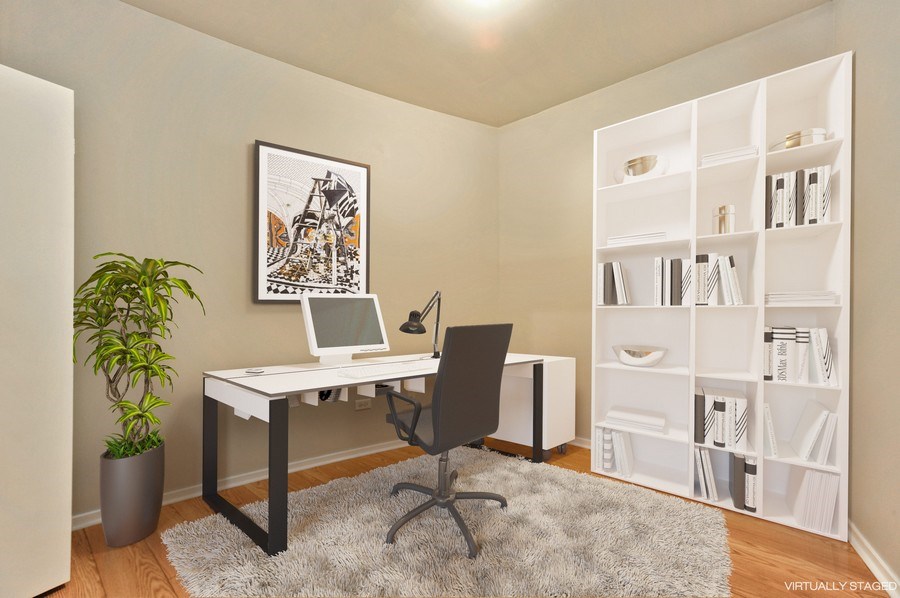
AFTER
Photo credit: VHT Studios (virtually staged)
Want to appeal to a fitness fanatic? You can virtually redecorate a second bedroom as a workout space. Virtual redecorating strips all furnishings from a photograph and drops in new furniture, wall color and décor to help you attract the next homeowner by showcasing the potential of the room in different styles or even different functions.
No two homeowners have the same taste, so appeal to the broadest audience possible by offering many different styles of the same living room, such as rustic, modern, shabby chic, traditional and beyond.
Sometimes, the virtual tools solve real estate professionals’ biggest headaches.
Did the current owner move out quickly, taking all her furniture and leaving behind a unit that appears cold and unwelcoming? Virtual staging can fill a vacant room with furnishings without the expense or inconvenience of having to rent or move in tables, chairs, couches or beds. The savings in time and budget are significant when compared to traditional staging costs.
Did the seller forget to clear the clutter before a photo-shoot? Virtual declutter can magically eliminate all of the current owner’s/tenant’s personal effects and knick-knacks from surfaces to present a clean, wide-open look.
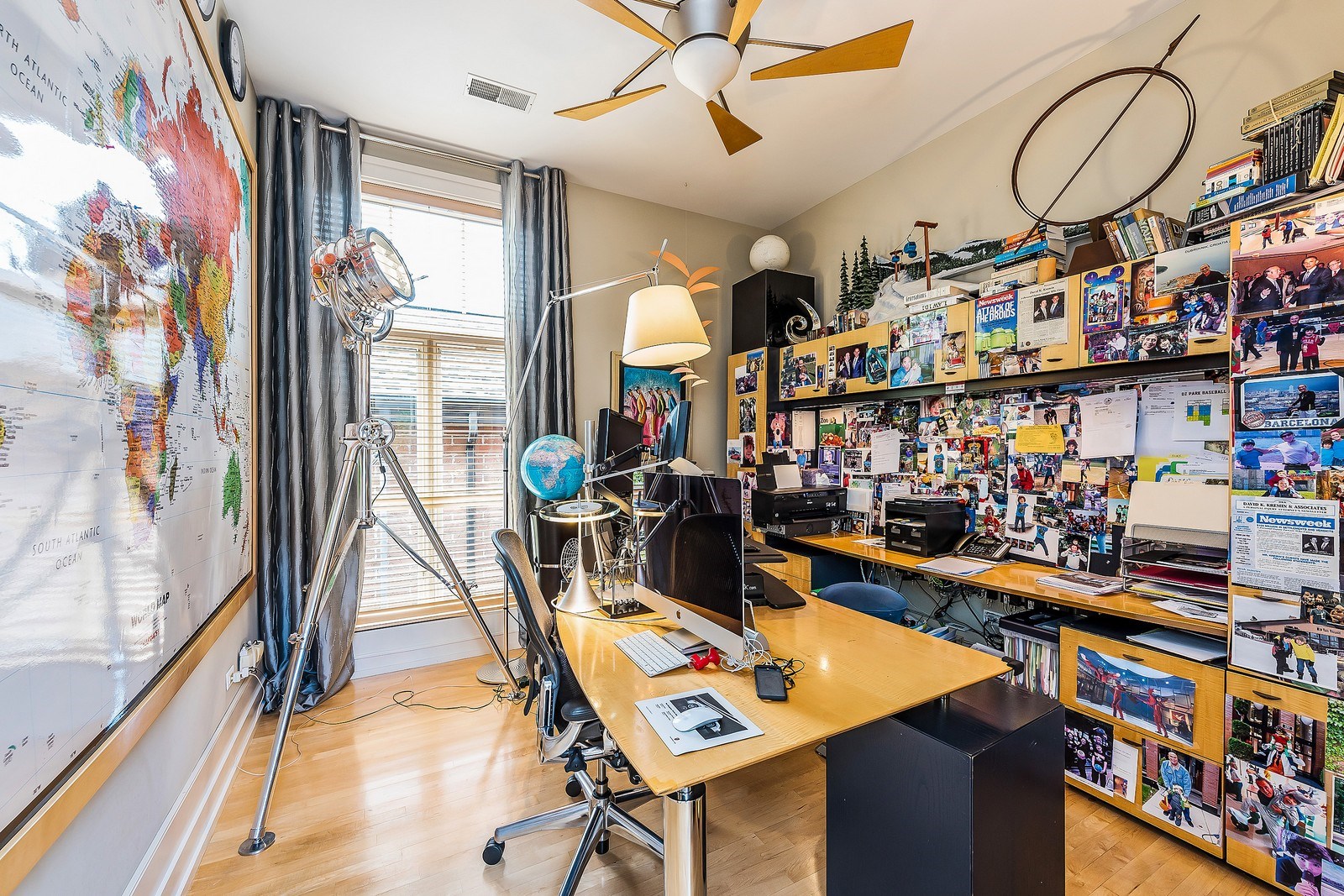
BEFORE
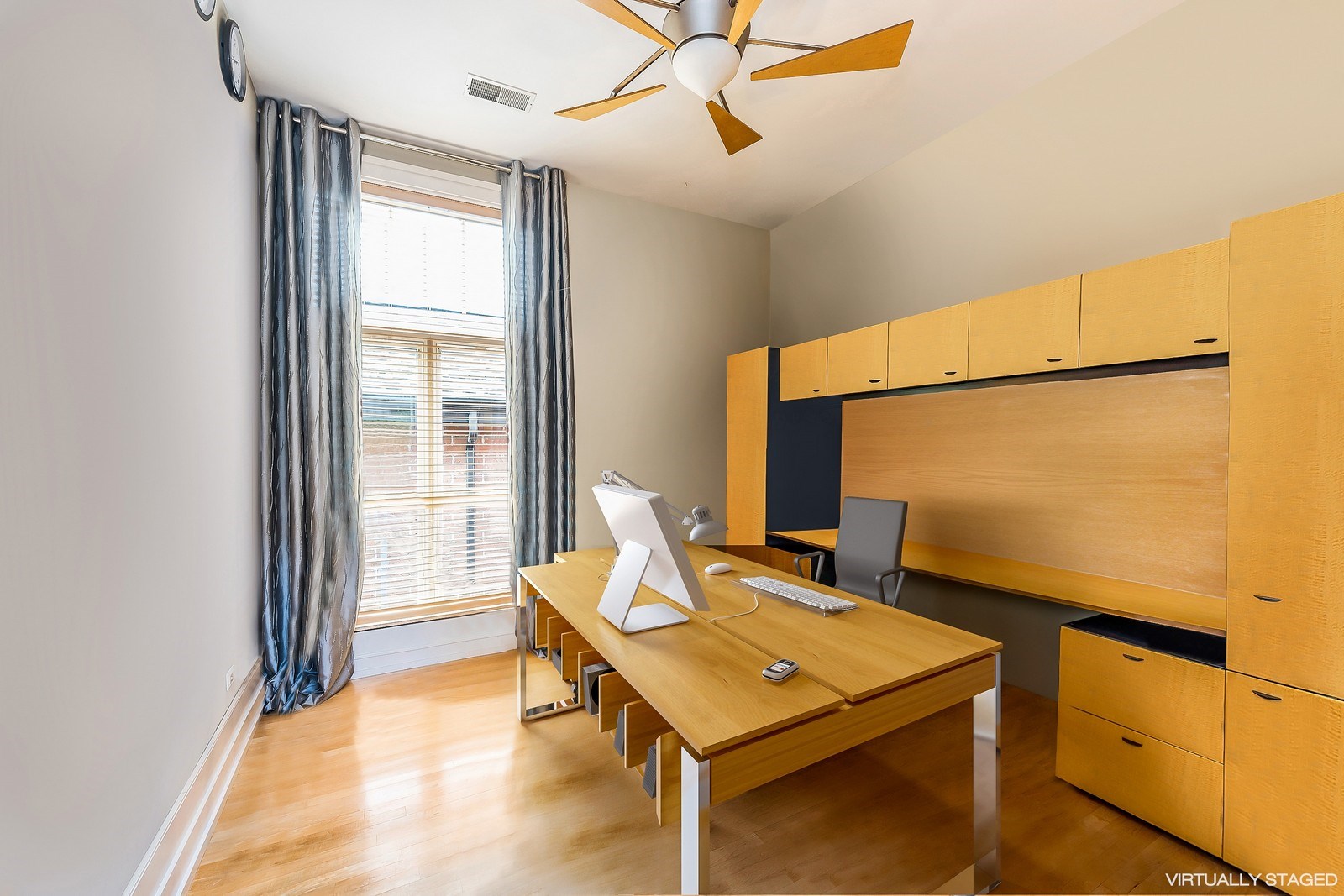
AFTER Photo Credit: VHT Studios (virtually staged)
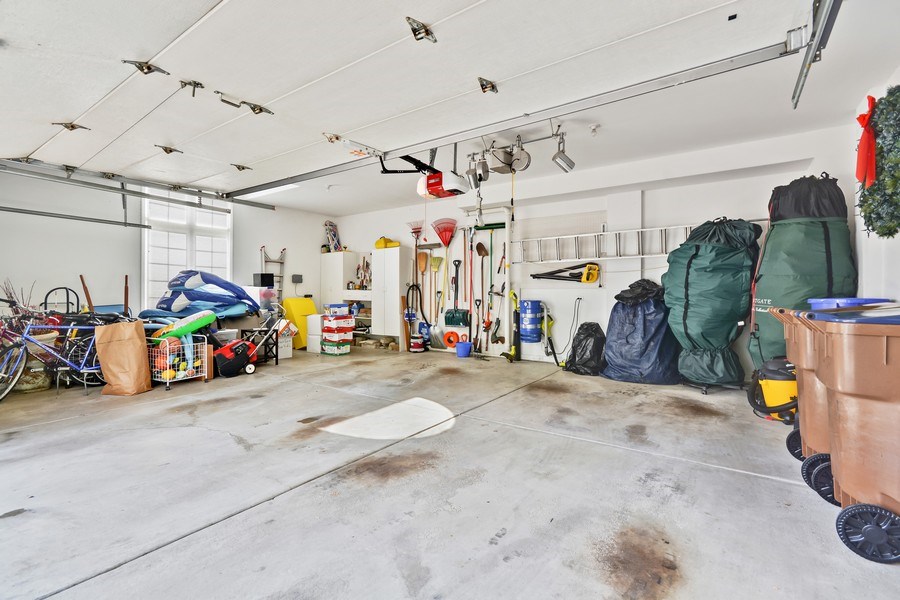
BEFORE
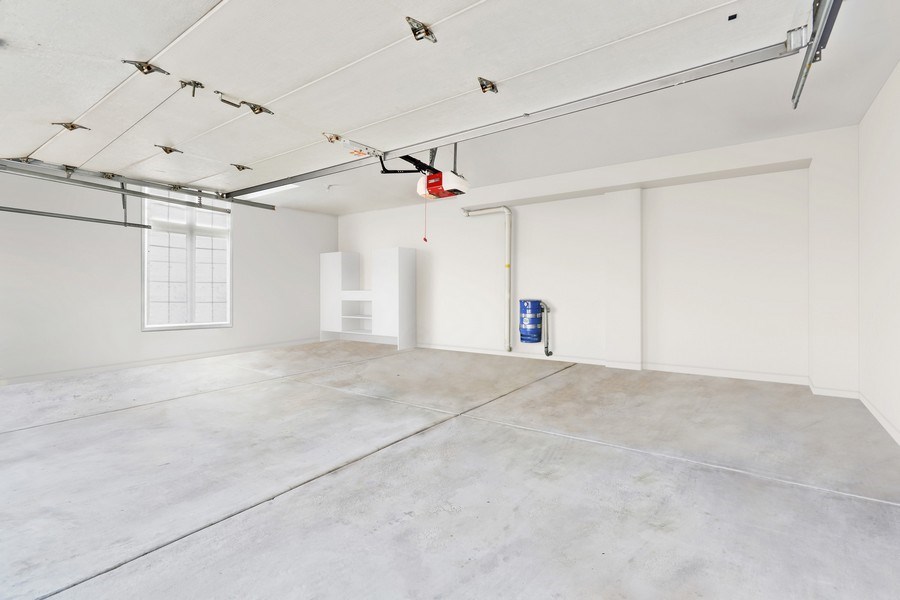
AFTER
Photo credit: VHT Studios (virtually staged)
Or does the dark red wall make the living room appear smaller? It can be virtually repainted a calming gray or white, making the room look more spacious and inviting.
During showings, to remind buyers of the virtually staged photographs they first saw online, real estate professionals can place the virtually staged photographs on an easel, or offer as a handout so buyers can actually see the potential of a room, rather than imagine it on their own.
Another tool that is rising in popularity is interactive floorplans. Some people just can’t look at a floorplan and “see” the flow of a condo. Interactive floorplans include photos from each room, to effectively help a buyer visualize how she’d live in her new home, or how he’d quickly move from his exercise room to the shower and make it to work on time.
Young singles and married couples now make-up the largest population of buyers and are accustomed to being wowed by the content they read and watch. Their expectations are no less when it comes to being dazzled by the potential of the next property they’re thinking of buying. Smart real estate pros will sell listings faster and grow their businesses stronger, by appealing to the needs and expectations of this young market and by helping them envision the full realm of possibilities.
 ABOUT THE AUTHOR: Brian Balduf, CEO, chairman and co-founder of VHT Studios, has built the Rosemont, Ill.-based firm into the nation’s largest real estate photography and image management services company. Since he co-founded the company in 1998, VHT Studios has helped more than 200,000 real estate professionals sell more than $200 billion in properties through its nationwide network of hundreds of photographers and image specialists. Delivering to real estate professionals their most powerful selling tools – high quality photography and video – Balduf has worked to ensure their properties get seen more, sell faster and at the highest price. For more information, visit VHT.com, The VHT Studios Blog or find us on Facebook, LinkedIn, Twitter and Instagram.
ABOUT THE AUTHOR: Brian Balduf, CEO, chairman and co-founder of VHT Studios, has built the Rosemont, Ill.-based firm into the nation’s largest real estate photography and image management services company. Since he co-founded the company in 1998, VHT Studios has helped more than 200,000 real estate professionals sell more than $200 billion in properties through its nationwide network of hundreds of photographers and image specialists. Delivering to real estate professionals their most powerful selling tools – high quality photography and video – Balduf has worked to ensure their properties get seen more, sell faster and at the highest price. For more information, visit VHT.com, The VHT Studios Blog or find us on Facebook, LinkedIn, Twitter and Instagram.




